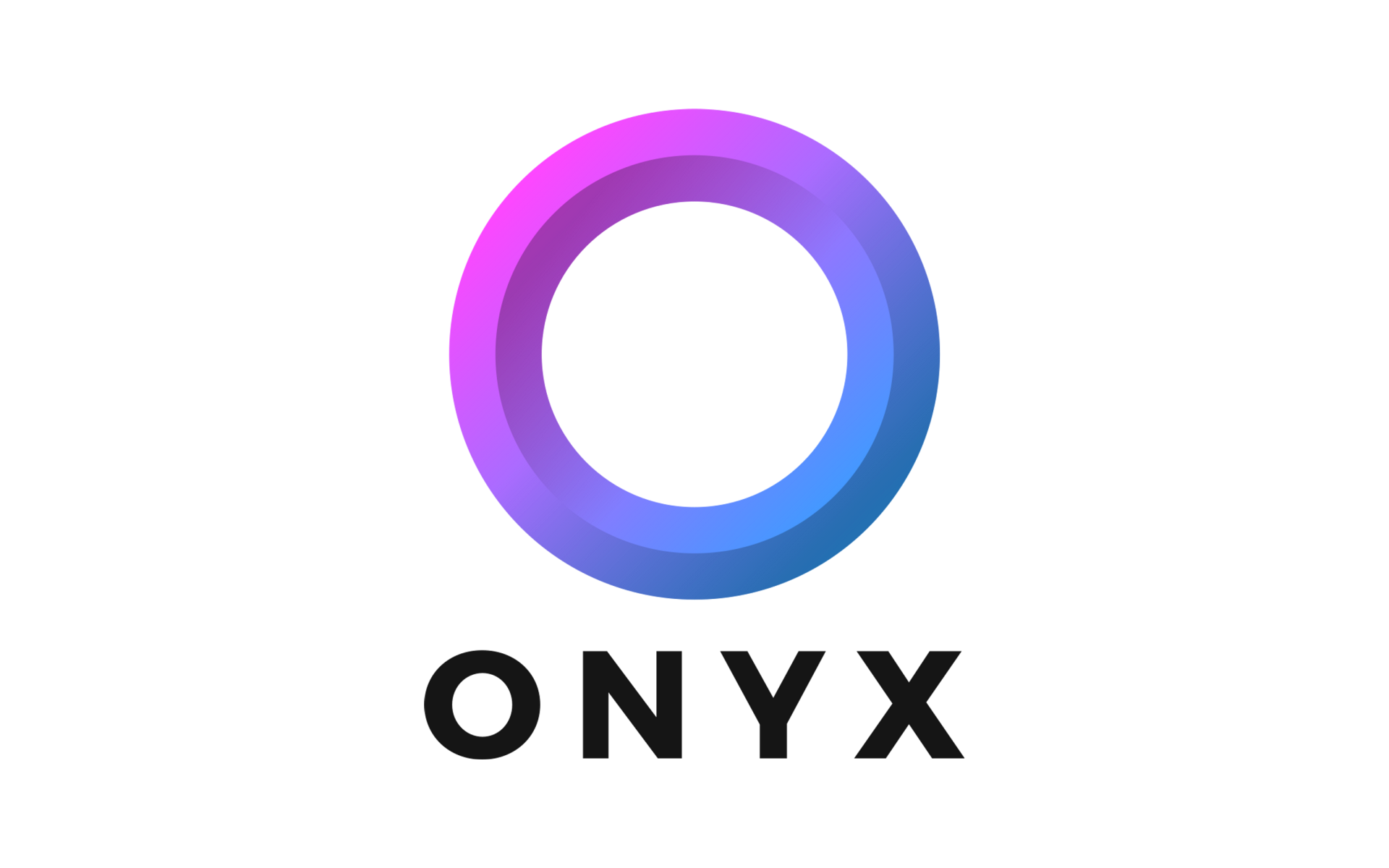If you've arrived here by following the link from our newsletter edition about the fundamentals of brain food, you'll know the importance we place on brain-healthy foods for enhancing cognitive functions. As Learning & Development professionals, although we cannot dictate the dietary choices of our delegates outside of training sessions, there are several strategies we can employ to foster positive eating habits within our learning environments. This edition provides practical guidance on integrating nutritional insights into training settings to optimise cognition and cater to diverse dietary needs.
Optimising Brain Health in Training Settings
Smart Snacking
The snacks we choose during breaks can significantly affect energy levels and focus. Opt for snacks rich in proteins, healthy fats, and low in refined sugars, such as nuts, yoghurt, fruits, and whole-grain crackers. These can help stabilise blood sugar and maintain mental alertness.
When providing lunch, choose menu options that are balanced and nutritious, focusing on ingredients known to support cognitive health. Incorporate a variety of vegetables, whole grains, and lean proteins. For example, a lunch menu might include grilled salmon, quinoa salad, steamed vegetables, and a berry compote for dessert.
Encouraging Hydration
Water is essential for cognitive functions, and even mild dehydration can impair concentration and memory. Ensure there is ample access to water throughout training sessions and encourage regular water breaks. Consider introducing a station with infused waters, subtly flavoured with fruits or herbs, to make hydration more appealing.
Accommodating Diverse Dietary Needs
Always take into account the dietary restrictions and preferences of your delegates. Provide vegetarian, vegan, gluten-free, and nut-free options to ensure that everyone can enjoy a healthy meal that suits their needs. This supports inclusivity and ensures all participants receive the nutrition they need to remain engaged.
Practical Tips for L&D Professionals
Educate About Nutritional Benefits: Take a moment to discuss the benefits of the snacks and meals provided during sessions. Educating participants can help them make informed food choices independently.
Feedback and Adjustments: Collect feedback on the food and beverage options provided during training sessions. This feedback can help refine future catering choices to better meet the needs of your participants.
Lead by Example: By choosing nutritious options yourself, you can subtly encourage participants to make similar choices..
While we can't control every aspect of our delegates' diets, we can gently guide their eating habits within the training environment. By providing nutritious snacks and meals, encouraging hydration, and accommodating diverse dietary needs, we can enhance cognitive function and learning outcomes. Let’s use our role as L&D professionals to educate and nourish the minds and bodies of our learners.


